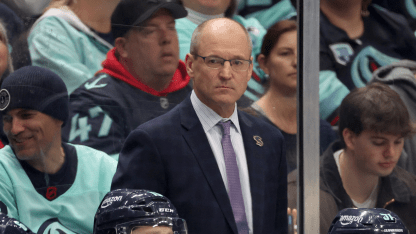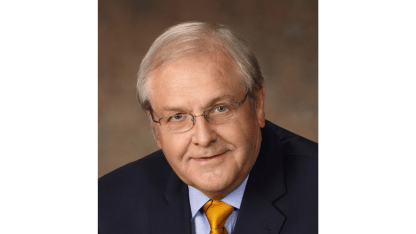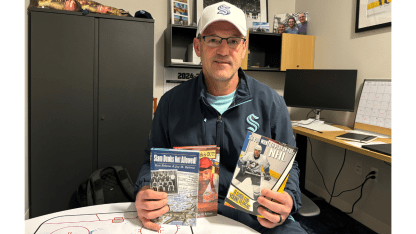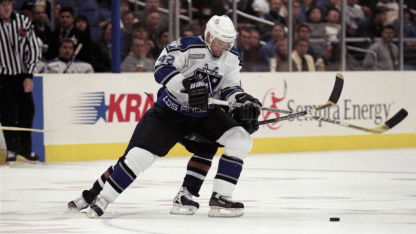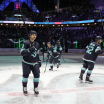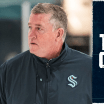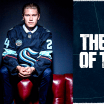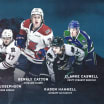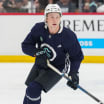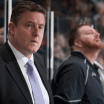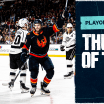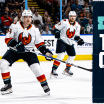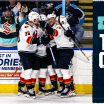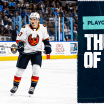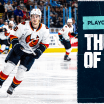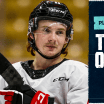Kraken coach Dan Bylsma had just completed his first full NHL season as a player with the Los Angeles Kings when asked to co-author a book with his father, Jay, about raising young hockey players.
The book would be written first from the perspective of his father on raising his four sons and a daughter to be not just great athletes but contributors to their families and communities. And then Bylsma would offer his own takes on growing up within that family and how it shaped his character climbing to the NHL as a hardworking non-star, known more for penalty-killing grunt work than scoring.
Father and son spent five months working on “So Your Son Wants to Play in the NHL” before delivering the manuscript to their publisher midway through Bylsma’s second season in early January 1998. But, unbeknownst to both, there was a heartbreaking chapter still to be written.
“Going back to LA doesn’t need to be a part of the story,” Bylsma said this week, his Kraken returning to his first NHL city to play the Kings this Saturday and then over to adjacent Anaheim to face the Ducks on Monday. “But it always is.”
Indeed, that early portion of Bylsma’s four-season stint with the Kings, followed by parts of four more with the Ducks, remain forever seared within memory.
His wife, Mary Beth, was pregnant throughout his co-writing of the book, which he’d done with the eagerness and optimism of an expectant parent. For Bylsma, his child’s upcoming birth in late-January 1998 would be an admitted “fairy-tale ending” to his hard-fought NHL path, a journey immortalized within a book co-written with his own dad -- a CPA looking to fulfill a lifelong dream of becoming an author.
Fewer than two weeks after they’d turned in the manuscript and 12 days before the expected birth, Bylsma’s wife phoned from L.A. while he was with the Kings in San Jose. She had shattering news: The unborn baby was motionless, its heartbeat stopped. Bylsma caught the next flight out. Mary Beth gave birth to a stillborn daughter two days later.
They’d not been told their baby’s gender in advance so had picked two names, one for a boy, the other a girl. But now, they didn’t use the chosen name. Instead, they named their daughter “Angel” -- holding her one final time in the hospital. And then, they had her funeral.

